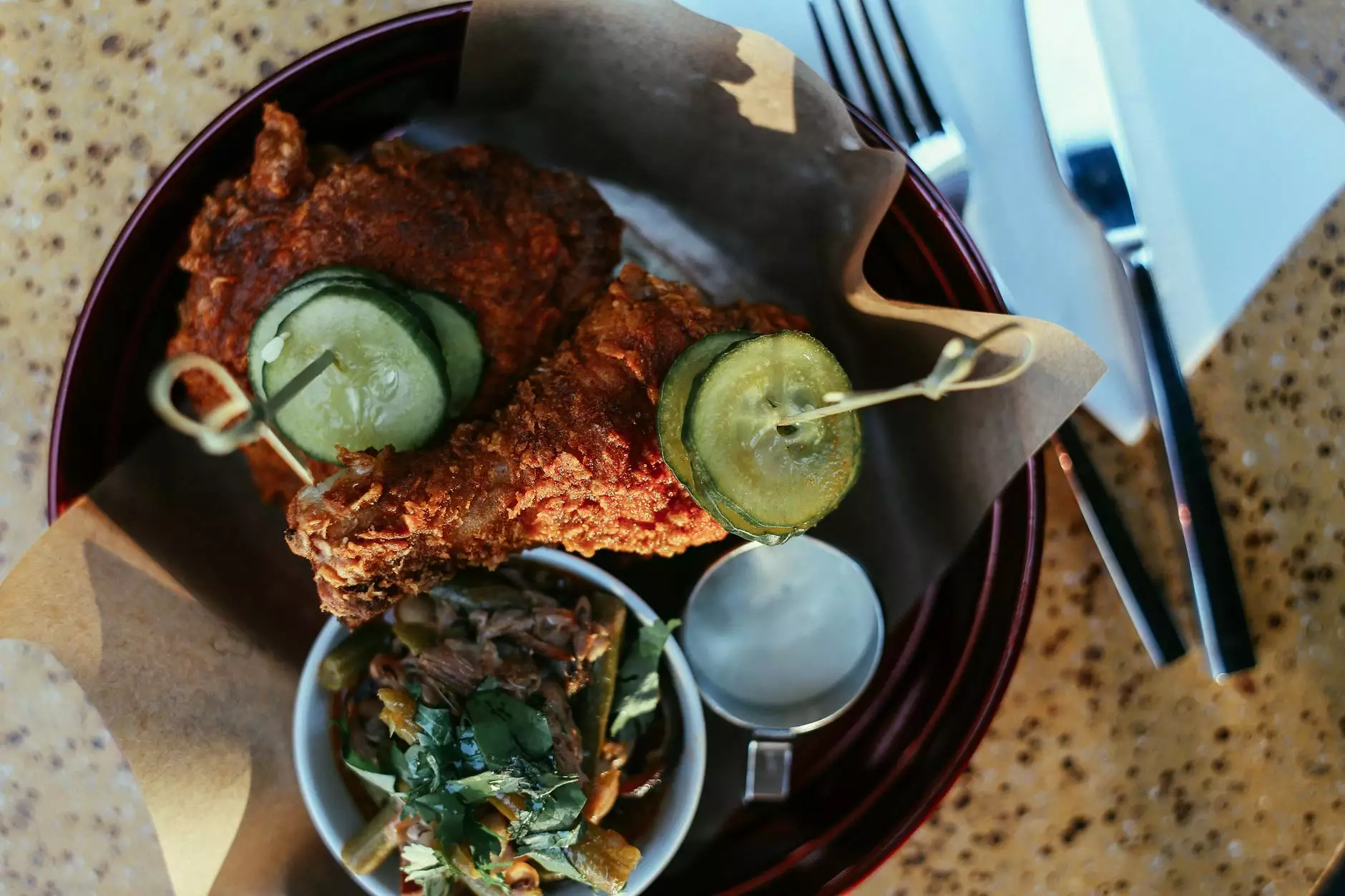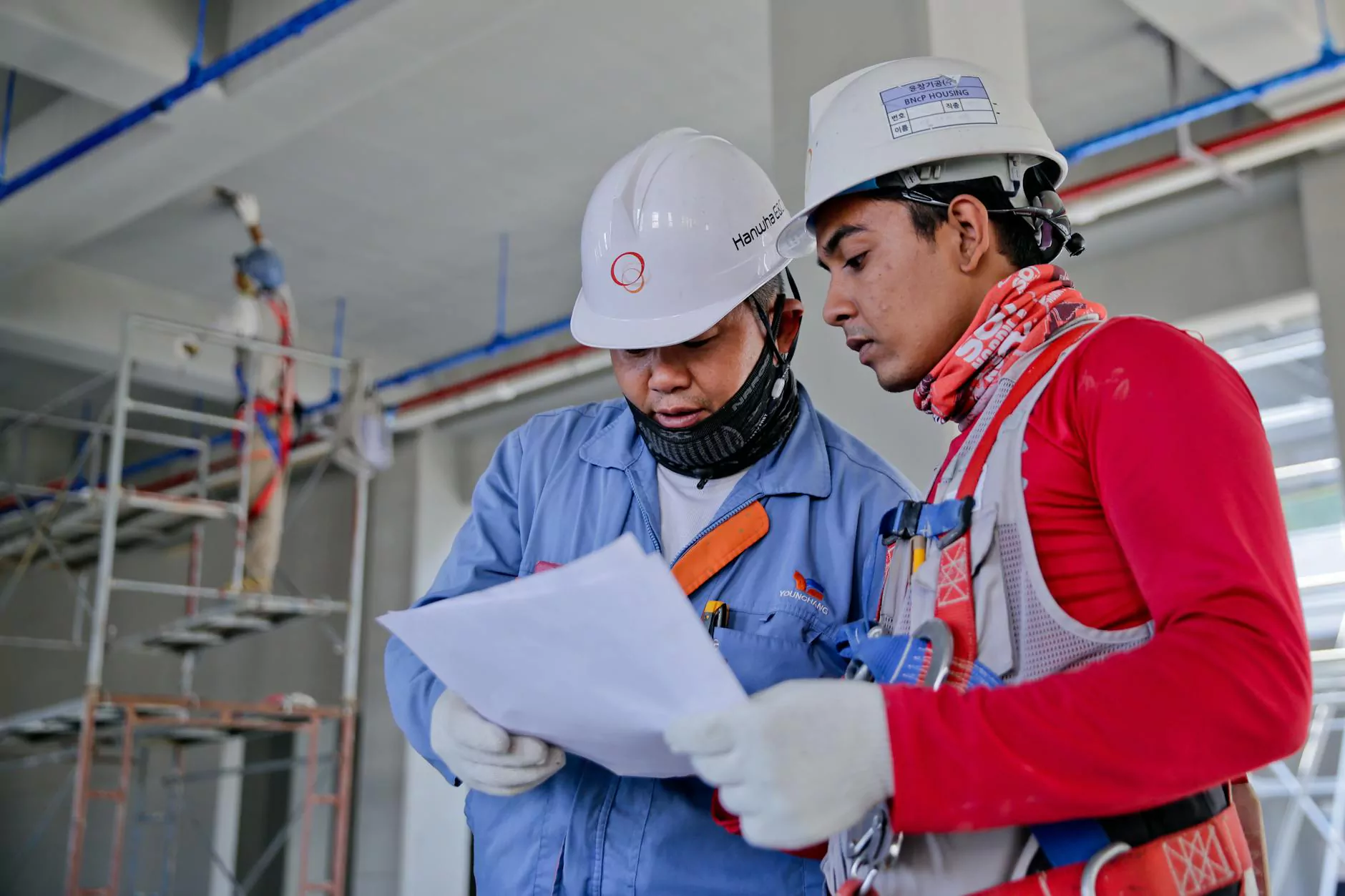The World's Largest Chicken Exporters

The global poultry market has seen tremendous growth over the past few decades, with certain countries emerging as key players in the export of chicken. Among these, Brazil stands out distinctly as one of the world's largest chicken exporters. This article delves deeply into the factors contributing to Brazil’s supremacy in poultry exports, the dynamics of the global chicken trade, and insights into how businesses can leverage this booming market.
Understanding the Global Chicken Market
The demand for chicken has surged globally due to its cost-effectiveness, versatility in preparation, and health benefits. As the population grows, the need for affordable protein sources has led to an increase in chicken consumption worldwide. The global poultry market was valued at billions of dollars in recent years and is projected to continue expanding. Responsible for this impressive growth are several major exporting countries, with Brazil at the forefront.
Brazil: A Leader in Poultry Production
Brazil’s prominence in the poultry industry can be attributed to several key factors:
- Ideal Climatic Conditions: Brazil’s diverse climate is suitable for poultry farming, allowing for year-round production without significant seasonal constraints.
- Advanced Farming Techniques: Brazilian poultry farmers employ cutting-edge technologies and best practices, enhancing efficiency and productivity.
- Government Support: Policies that favor agricultural development have bolstered the poultry sector, including subsidies, research initiatives, and robust infrastructure investments.
- Strong Export Relationships: Brazil has established trade agreements with a myriad of countries, facilitating smoother trade flows and reducing tariffs.
Quality Assurance in Brazilian Poultry Exports
For any business considering imports of chicken in bulk, understanding the quality assurance practices is crucial. Brazil’s poultry industry adheres to stringent regulations and standards that guarantee the hygiene and safety of chicken products, making them favored commodities in international markets.
This section highlights the quality frameworks in place:
- Food Safety Certification: Brazilian chicken exporters obtain rigorous certifications that comply with international safety standards, reassuring consumers regarding the quality of their products.
- Traceability Systems: Supermarkets and distribution chains can trace chicken back to its farm of origin, enforcing accountability and transparency.
- Regular Inspections: Continuous government inspections ensure that exporters maintain high standards throughout the production and processing stages.
The Impact of Technology on Poultry Exports
Technology plays a pivotal role in the efficiency and scalability of Brazil's poultry industry. Several innovative technologies have transformed the landscape:
- Genetic Improvements: Breeding programs have developed superior strains of poultry that grow faster and produce more meat.
- Feeding Innovations: Enhanced nutritional formulations lead to healthier chickens, further increasing yield.
- Automated Processing: Robotics and automated systems in processing plants have improved speed and reduced labor costs, allowing Brazilian companies to remain competitive in pricing.
Major Markets for Brazilian Chicken Exports
Brazillian chicken exporters have successfully penetrated various international markets, examining specific regions where Brazilian poultry thrives:
- Asia: Countries like Japan, South Korea, and China have shown a growing demand for Brazilian chicken due to its competitive pricing and established quality.
- Middle East: The Middle Eastern market relies heavily on imports; Brazilian chicken meets the cultural and culinary requirements of this diverse region.
- Europe: France, the UK, and the Netherlands are key markets that rely on Brazilian poultry for both direct human consumption and processing industries.
- North America: The export relationship with countries like the United States is growing, providing a diversified market for Brazilian chicken products.
Sustainability and Ethical Practices in Poultry Farming
As consumers become more environmentally conscious, the poultry industry is increasingly focusing on sustainability. Brazil’s industry has taken steps to reshape its practices:
- Environmentally Friendly Farming: Many farmers implement sustainable farming practices, such as rotational grazing and the use of organic feed.
- Reducing Waste: Innovative waste management systems are being adopted to minimize pollution and byproducts from poultry farms.
- Animal Welfare: Farms are committing to improving the living conditions of their poultry, aligning with international animal welfare standards.
Challenges Facing Brazilian Chicken Exporters
Despite its success, the Brazilian poultry industry faces several challenges that could impact its status as one of the world's largest chicken exporters.
- Trade Barriers: Political decisions in importing countries can impose tariffs and quotas, disrupting trade flows.
- Market Competition: Other countries, including the United States and Europe, are ramping up production and may encroach on Brazil's market share.
- Health Issues: Outbreaks of diseases such as avian influenza can adversely impact exports, highlighting the need for stringent biosecurity measures.
Future Outlook for Brazilian Chicken Exports
Looking ahead, there are several avenues for growth and development in Brazilian poultry exports:
- Market Expansion: Exploring untapped markets in Africa and Asia could provide new opportunities for Brazilian chicken exporters.
- Product Diversification: Introducing organic lines or value-added products (such as marinated or pre-cooked chicken) can cater to evolving consumer preferences.
- Embracing Technology: Continued investment in technology will drive productivity and quality, keeping Brazilian exports competitive globally.
Conclusion
Brazil's position as one of the world's largest chicken exporters is a result of its ideal farming conditions, technological advancements, and commitment to quality. As the global demand for poultry continues to rise, understanding what makes Brazilian exports successful is crucial for businesses looking to navigate the global market.
The world is watching how Brazil adapts to challenges, embraces sustainability, and capitalizes on growth opportunities. Importers should take note of Brazil as a reliable source for chicken in bulk, and exporters should continue to maintain high standards to secure long-term success in this vital industry.
For more information on Brazilian poultry and chicken export opportunities, visit us at frozenchickengroup.com.



